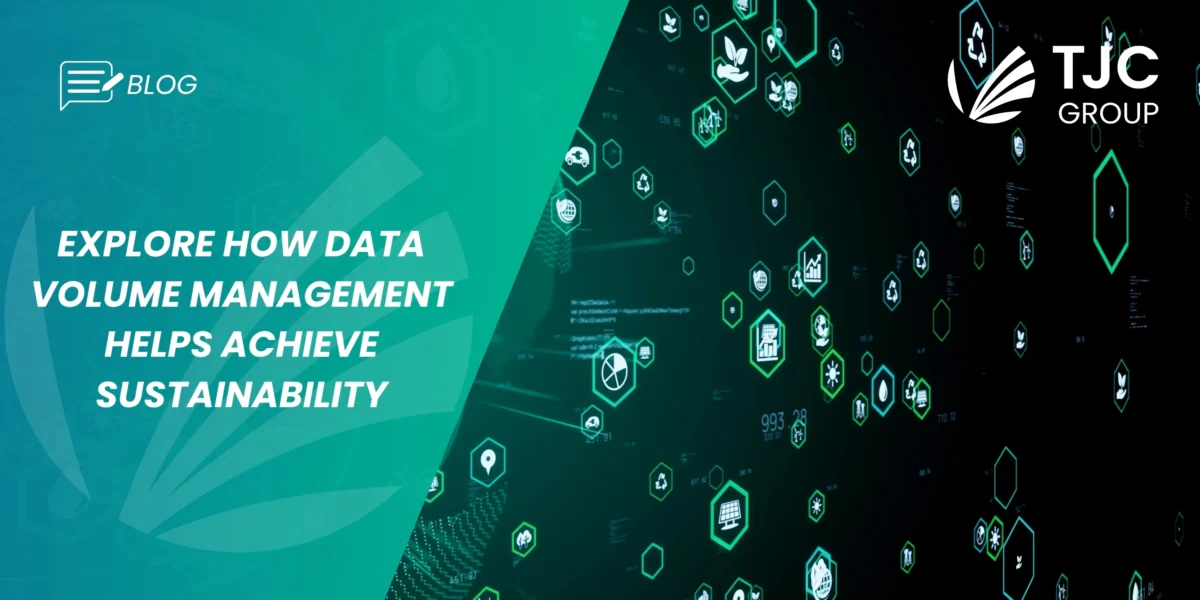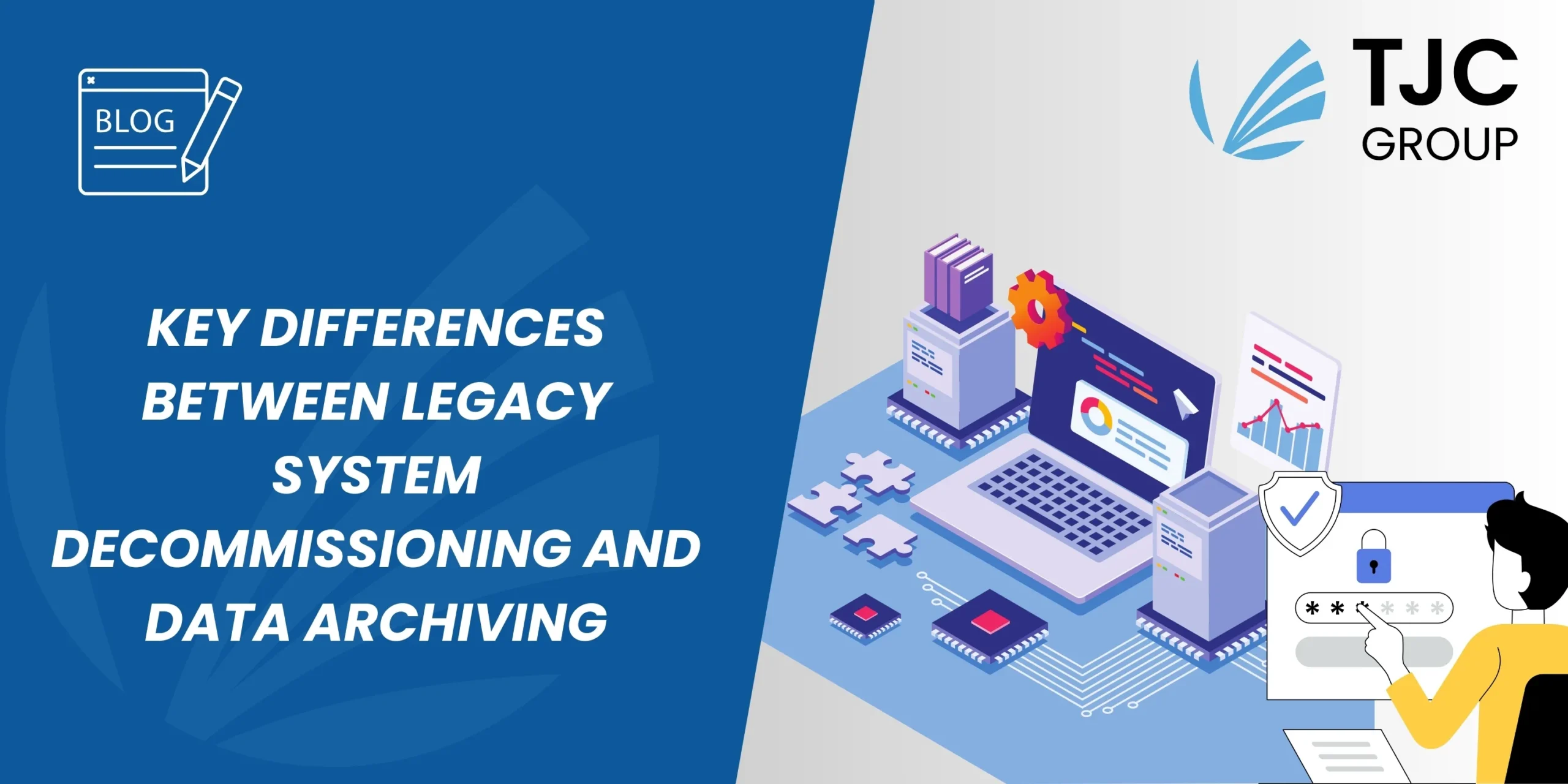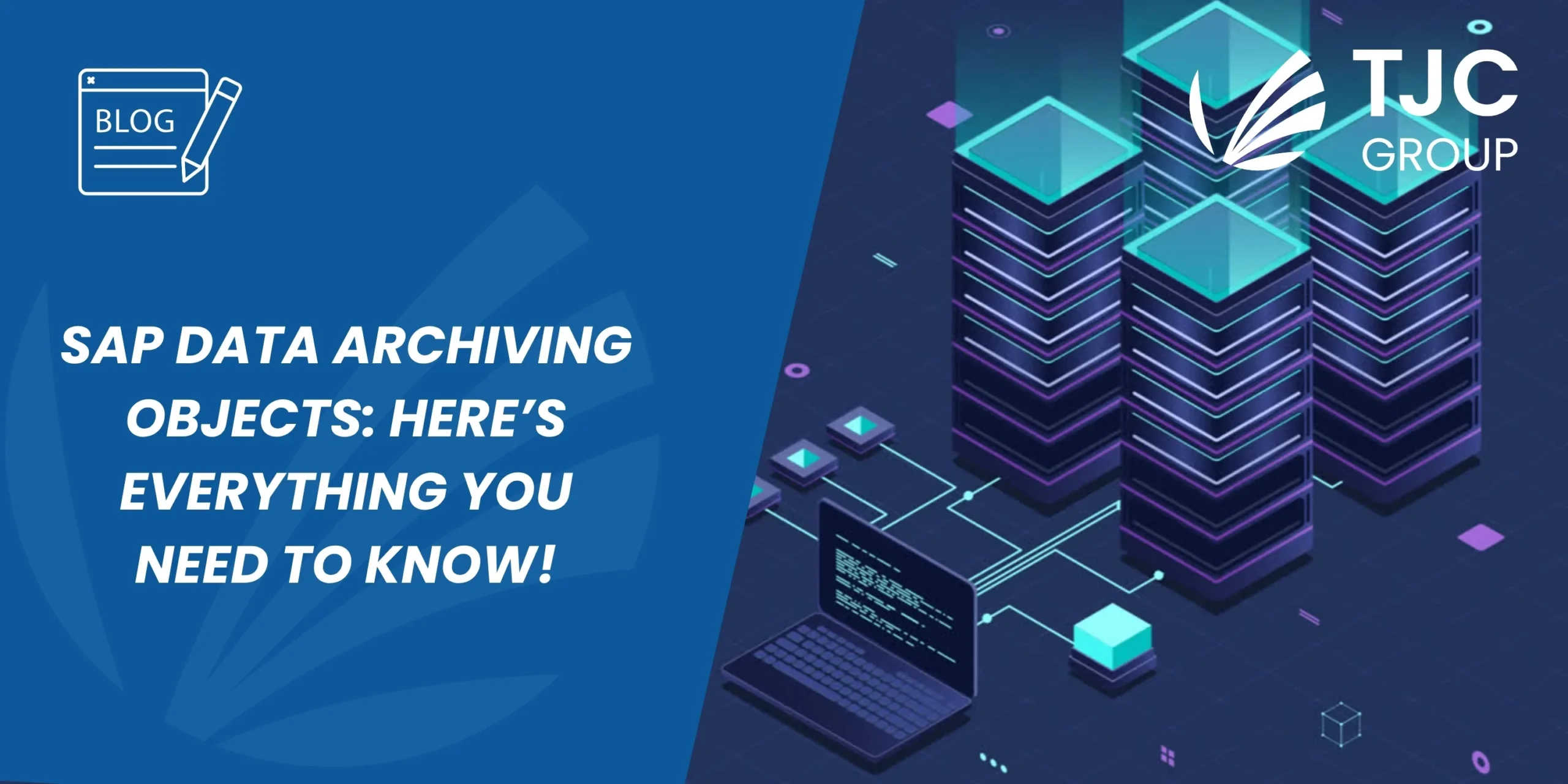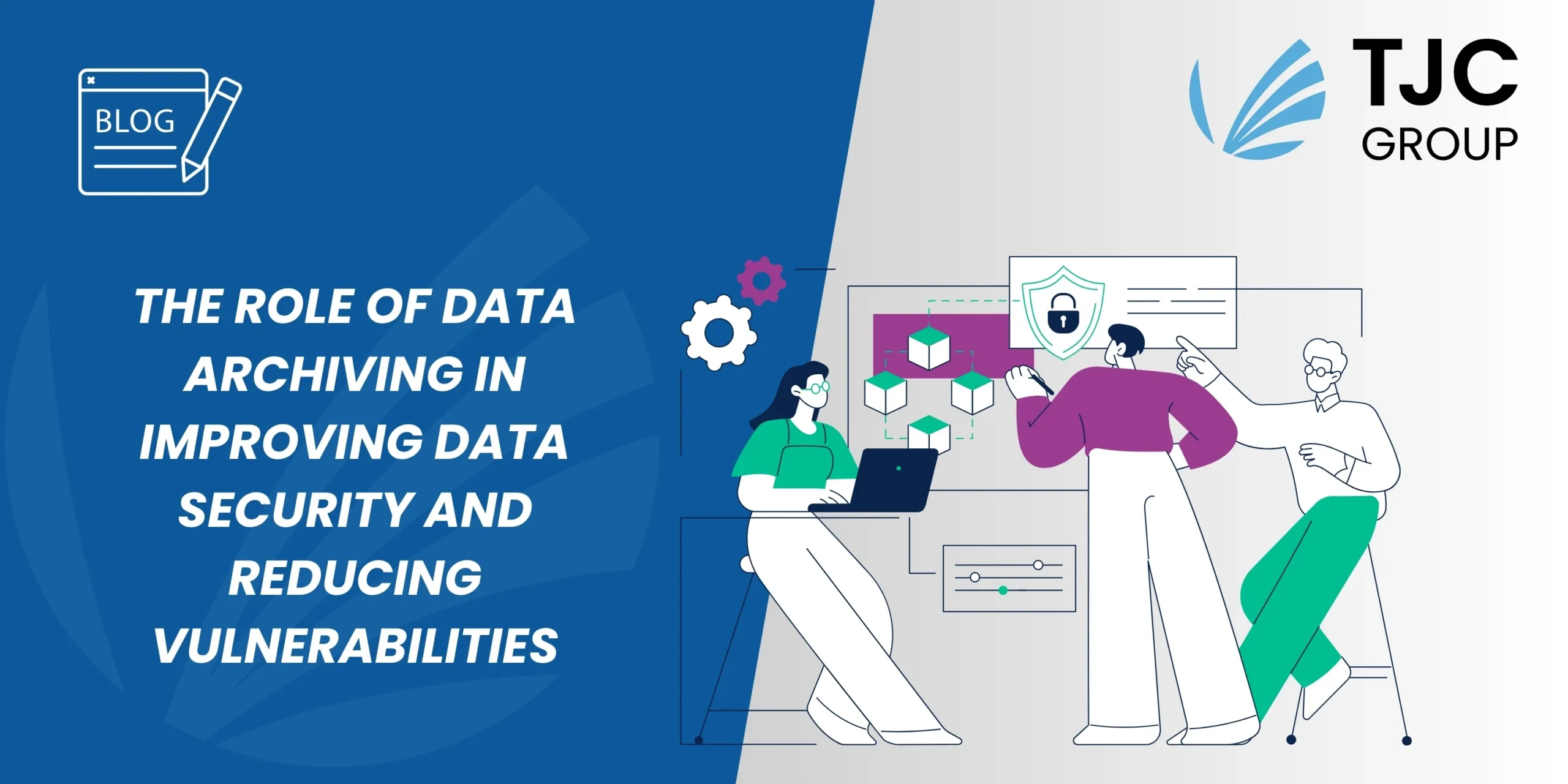The predominance of the data-driven economy has impacted every element of the worldwide business environment. That scale of transformation has not come without a cost. Each year, approximately 8 million data centres worldwide consume vast volumes of electricity and generate carbon emissions that dwarf the global airline industry. There is also the relentless demand for resources to manufacture new hardware, and the inevitable requirement to replace outdated equipment. This is where efficient data volume management comes into the picture and helps organisations meet their sustainability goals. Continue reading this blog to unfold valuable insights.
Table of contents
Introduction
The immeasurable thirst for resources and materials poses a stark sustainability challenge for our environment. Enterprises around the world are responding to both a global imperative and consumer demand to implement green solutions. The view from the outside is recorded in a recent survey that revealed 82 per cent of global purchases are influenced by sustainability, and a near-identical 83 per cent of consumers admire companies that demonstrate a commitment to sustainability.

The view shared by numerous enterprises is equally supportive of a reorientation toward sustainability, to realize a roster of benefits, including:
- Tax credits and direct incentives
- Cost savings from improved efficiency and reduced waste
- Healthier and happier workplaces
- Reputation boost
- Sector leadership
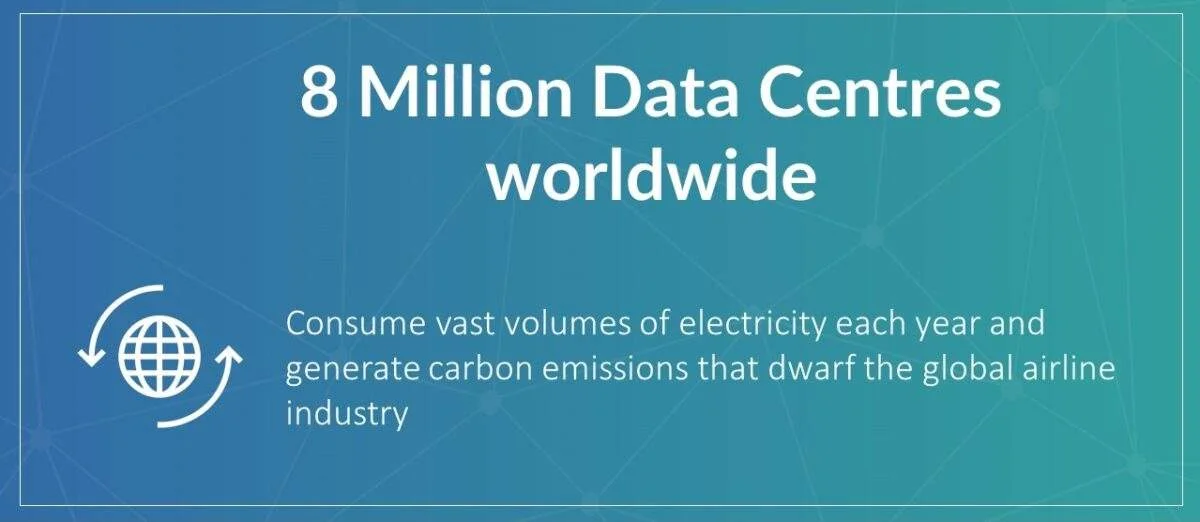
The overwhelming majority of enterprises are in agreement: organisations should be making green initiatives a priority with the help of an effective data volume management strategy. Detailed below is a closer look at the looming sustainability challenge posed by data centre proliferation, and potential solutions available to enterprises that are motivated to reap the rewards of green-focused change.
The runaway environmental costs of data centres
As more data is generated than ever before, with both volume and pace of data generation increasing, the environmental consequences of an accelerating, worldwide, data-driven economy are becoming more and more dire. In 2020, energy consumption of data centres is expected to account for 3.5 percent of total worldwide carbon emissions, leaping to nearly 40 percent by 2040. Data centres are predicted to use 20 percent of the world’s electricity by 2025. The insatiable demand of data centres for energy may be one of the world’s most pressing climate challenges.
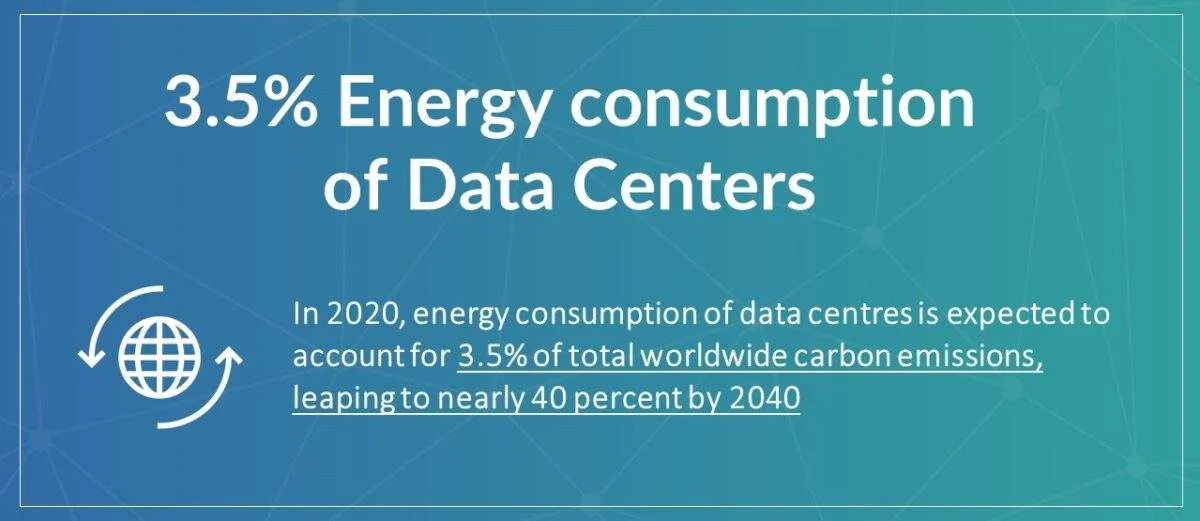
The data centre industry argues that it is willing and able to reduce carbon emissions and energy demand by increasing efficiency and shifting to clean and renewable energy strategies. Macquarie Group, a world leader in infrastructure investment, and Cologix, a leading provider of colocation and interconnection services, have both recently announced major projects that take data centres in a greener direction.
However, researchers are challenging industry assumptions about the efficacy of these strategies. The data centre power requirement for “five nines” of uptime means that total reliance on sustainable power technologies is not yet possible. In an environment of runaway acceleration of demand and emissions, can efficiency measures alone be relied on to effect substantive change? Clearly, additional solutions that target how enterprises manage their data are required.
Enter Data volume management, an effective way for enterprises to engage greater sustainability, while simultaneously creating a context for improved data management and lower costs.
SAP Data Volume Management and automated data archiving as part of a sustainable solution
SAP has outlined its commitment to supporting the United Nations Sustainable Development Goals, including through technology solutions designed to help enterprises do the same. One of these solutions is SAP Data Volume Management (DVM), a process that provides tools and services to ensure all aspects of the data management-control life-cycle are efficiently analysed and improved.
This process supports continuous improvement and benefits for enterprises, including:
- End-to-end process for efficiently managing complex data volumes
- Reduced system size and growth rate
- Leaner, more agile systems
- Data volume transparency, including for key S/4HANA-specific data volume management metrics
- Insights on applicable DVM countermeasures
- Knowledge and best practices for deploying DVM countermeasures
Reducing data footprint does more than boost enterprise performance: there are additional substantial benefits that make an impact on sustainability and help data-driven operations become greener. Data Management can be part of an overall efficiency protocol that helps enterprises reduce energy and resource needs throughout their operational environment.
One element of DVM is data archiving, which removes business-complete application data from the database in a consistent, secure, and comprehensive manner, and stores it in a way that allows easy and secure access in the future. Data archiving automation can make the process simple, and archived data remains accessible, trustworthy, and compliant with GDPR and global, or regional, tax and audit regulations. Aside from the performance benefits noted above, the sustainability consequence is that data archiving reduces the requirement for data centre resources, which reduces energy needs, emissions, and consumption of resources for physical equipment.
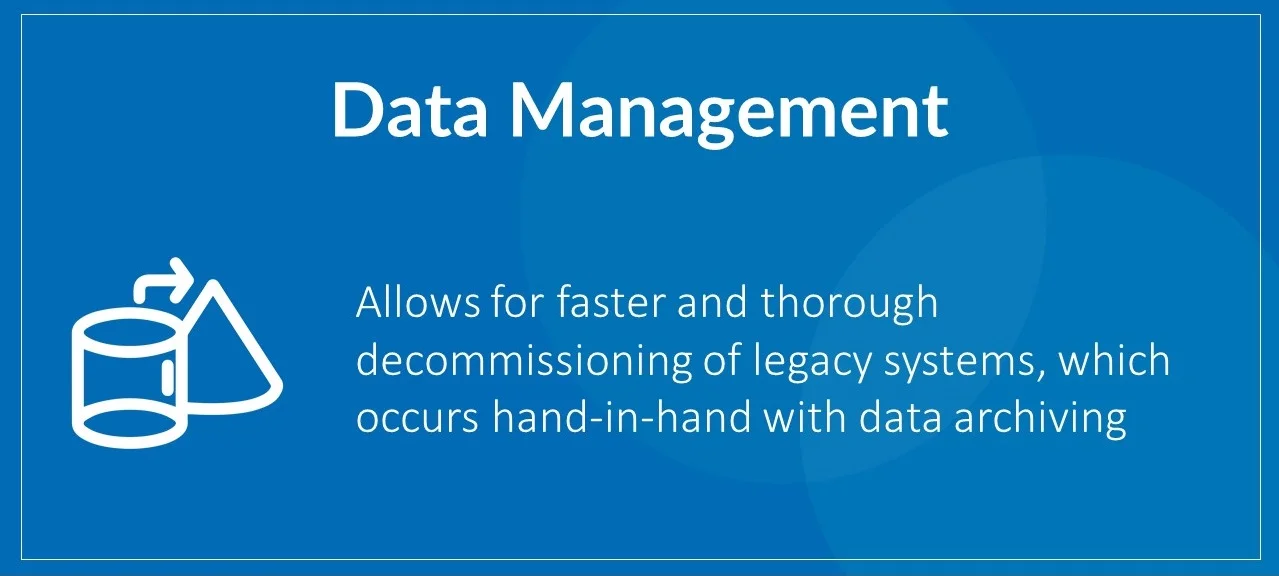
DVM also allows for faster and more thorough decommissioning, which occurs hand-in-hand with data archiving. Dormant data centres are draining tens of billions of dollars yearly from enterprises. Organizations can realise huge savings by identifying data centres that are operationally dormant yet still consuming electricity, archiving the relevant data, and then decommissioning these legacy systems. Again, this creates a context for improved sustainability and a greener data-centric enterprise.
Dematerialization is another sustainability process supported by data volume management. Paper documents are maintained by enterprises at great cost, in facilities that consume energy for climate control, lighting, security, etc. Many of these documents have outlived their business use, but are required to be accessible for compliance, information governance, or auditing purposes. Automated data archiving allows these documents to be safely preserved and made accessible, but removed from the physical storage and data centre infrastructure. Alongside the reduced costs, enterprises demonstrate much-improved sustainability.
DVM and data archiving creates a win-win for enterprises: there are immediate cost and performance benefits, and there are the additional downstream boosts from implementing green solutions and demonstrating sustainability leadership.
Data volume management solutions from TJC Group
TJC Group provides businesses with consultancy and SAP-certified software to support SAP data archiving and extraction for tax and audit. The company partners with enterprises of all sizes and across a wide range of industries and applications, supporting businesses using SAP for:
- Data archiving and data volume management
- Document archiving and SAP ILM
- Fiscal archiving and reporting for tax and audit, including SAF-T compliance
- Data extraction for audit and analytics
- Selective retention and destruction of data and documents
- System decommissioning, mergers and acquisitions
To learn more about data volume management and how TJC Group can align your data needs with greater efficiency and improved sustainability, while boosting performance, contact us.
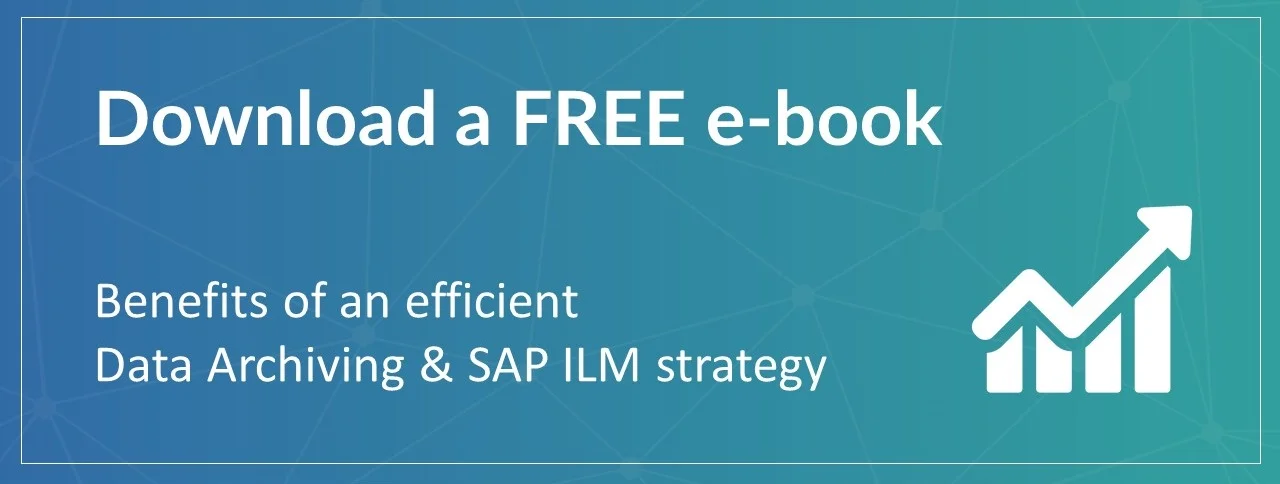
FAQs
Q1. What is data volume management?
Answer:
Data volume management refers to the process of collecting, organising, securing, and storing vast amounts of data. It allows you to ensure that all aspects of the lifecycle for managing and controlling data are covered. With DVM, you can effectively reduce the size of data from the primary database and optimise its growth.
Q2. How does data volume management help organisations?
Answer:
This process helps businesses efficiently manage complex data volumes, free up storage space, and control database growth. One of the most critical components of DVM is data archiving, which removes business complete data from the database in a consistent, secure and comprehensive manner, and stores it in a way that allows easy and secure access in the future.
Q3. How does DVM help with legacy system decommissioning?
Answer:
Data volume management helps complete the decommissioning process faster. With data archiving, which is a component of DVM, you can easily archive your legacy data stored in the obsolete system. Once the data is archived and easily accessible for future requirements, you can seamlessly complete the decommissioning process.
Q4. How does DVM help achieve sustainability goals?
Answer:
Organisations use data centres to store vast amounts of data. These data centres consume immense amounts of energy. With DVM, businesses can reduce the size of dormant data stored in numerous data centres and store it in a cost-effective repository which requires less electricity. With this efficient method, you are not just contributing to your organisation’s sustainability goals but also improving your system performance and saving significant costs spent on the data centres.
Q5. Why is data volume management important?
Answer:
Data volume management helps companies effectively manage inconsistent data sets and provide valuable insights into the data. Furthermore, data volume management has gained momentum due to an increasing number of regulatory compliance requirements, which include data privacy laws such as GDPR in the EU, CCPA in California, and so on.
Q6. How can TJC Group help with efficient data volume management?
Answer:
TJC Group comes with years of expertise in helping businesses with their data management challenges. You can leverage our software, Archiving Sessions Cockpit (ASC), to automate the entire data archiving process, which will help eliminate manual efforts and errors. Our proven approach based on the SAP Activate Methodology will not just help with a seamless workflow but also bring desirable results.


